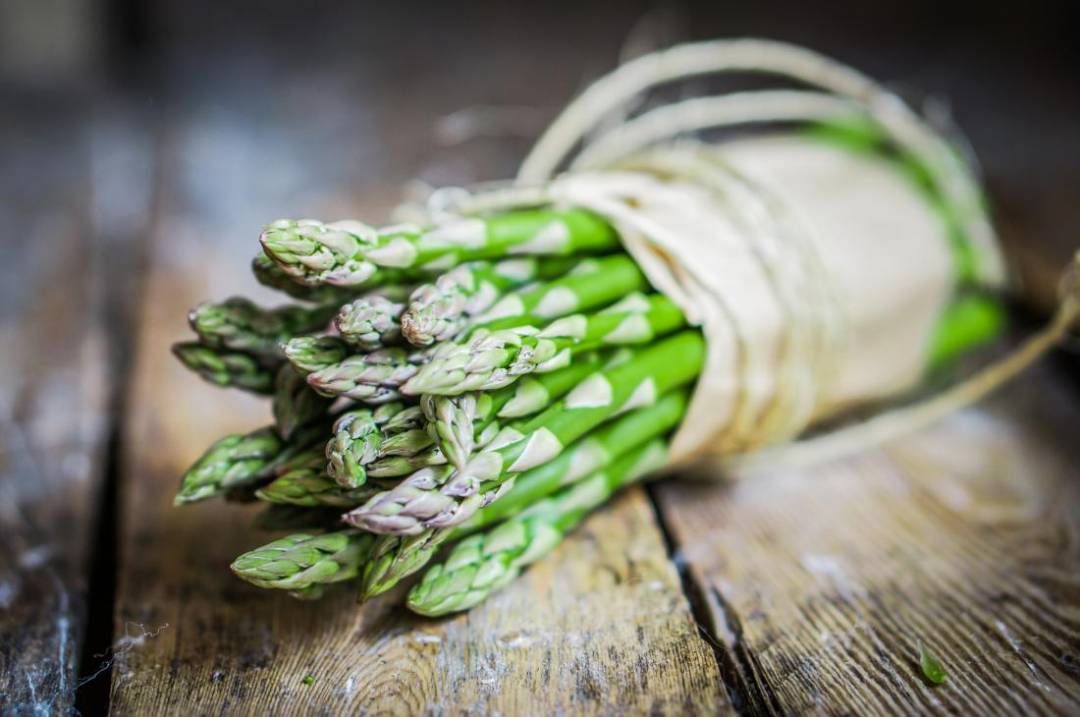Lately, it seems like everyone is scouring the internet trying to find out if asparagus really causes cancer.
A recent study that was published in a journal called Nature found a link that shows a compound that is found in asparagus called asparagine, may contribute to the spread of an aggressive type of breast cancer.
Ever since the study came out, people have swarmed the search engines looking for proof or more information about this new claim with searches like; ‘asparagus causes cancer’ and other related inquiries.
However, don’t freak out and stop eating asparagus just yet. There are several limitations in this study that you should take note of.
First of all, asparagine was not the cause of cancer in the mice. It just helped the triple-negative breast cancer to spread more quickly throughout their bodies.
Also, studies like this one said: “The relevance of animal models to human health is questioned because of differences between the species,” and also: “Lack of concordance between animal experiments and clinical trials may be due to bias, random error, or the failure of animal models to adequately represent human disease”
To put it more simply, mice aren’t humans, so we may not react the same way that the mice do. Asparagine may also cause other cancers to spread faster in mice but it will take more research to determine that.
However, the researchers on this study said that if further research were conducted and it showed that the asparagine also caused cancer to spread faster in human cells, then it’s possible they could discover new ways to treat breast cancer.
Professor Greg Hannon, who was the lead author of the study said: “This finding adds vital information to our understanding of how we can stop cancer spreading – the main reason patients die from their disease. In the future, restricting this amino acid through a controlled diet plan or by other means could be an additional part of treatment for some patients with breast and other cancers.”
Humans naturally produce asparagine in the body so perhaps doctors could experiment with drugs that block asparagine production or patients could limit their asparagine dietary intake.
Asparagine is not only found in asparagus though, it is an amino acid that’s present in many protein-rich foods such as poultry, eggs, beef, dairy, and seafood. It’s also found in nuts, seeds, legumes, whole grains, soy, and potatoes. Most fruits and vegetables, besides asparagus, have low levels of asparagine.
Martin Ledwick, who is Cancer Research UK’s head nurse, had this to say on the matter: “Research like this is crucial to help develop better treatments for breast cancer patients. At the moment, there is no evidence that restricting certain foods can help fight cancer, so it’s important for patients to speak to their doctor before making any changes to their diet while having treatment.”
If the researchers are able to learn more about how asparagine works, it could lead to more effective treatments. Most people who have breast cancer do not die from the primary tumor. It’s the spread to the lungs, brain and other organs that eventually kills them. Which makes the researchers think that a leukemia chemotherapy drug called L-asparaginase could slow the spread of breast cancer through the body.
When mice were given the drug that blocks the production of asparagine, it reduced the speed of the breast cancer’s spread to other parts of their bodies. It may not be a cure, but if we learn more about the relationship between the chemo drug and asparagine, it could lead to better treatment cocktails for breast cancer.
“When the availability of asparagine was reduced, we saw little impact on the primary tumor in the breast, but tumor cells had reduced capacity for metastases in other parts of the body,” Greg Hannon said.
So, for now, you can keep on eating asparagus if you like it, and we can be hopeful that this research will lead us to better treatments for breast cancer in the future.
Please Share with Your Friends and Family
















